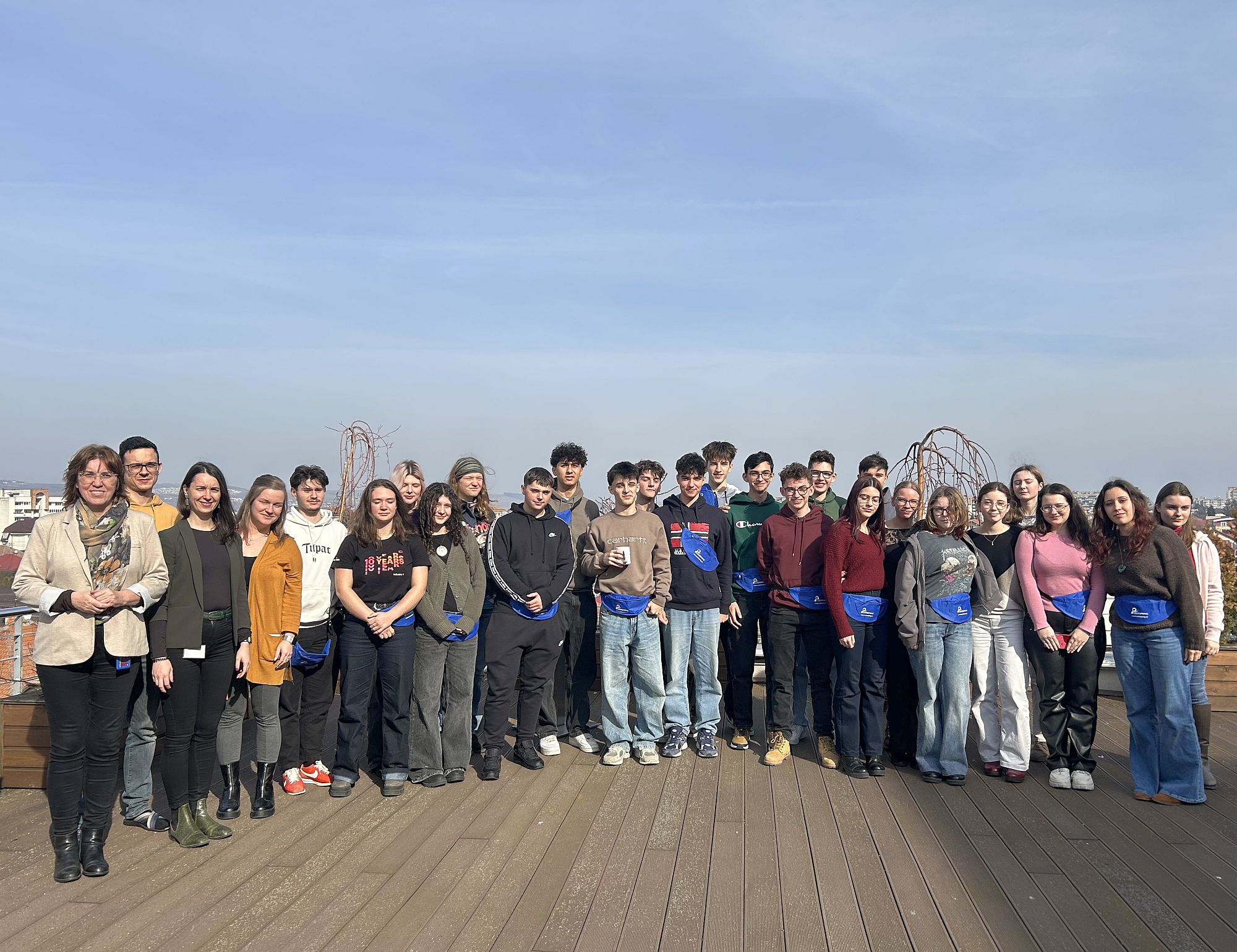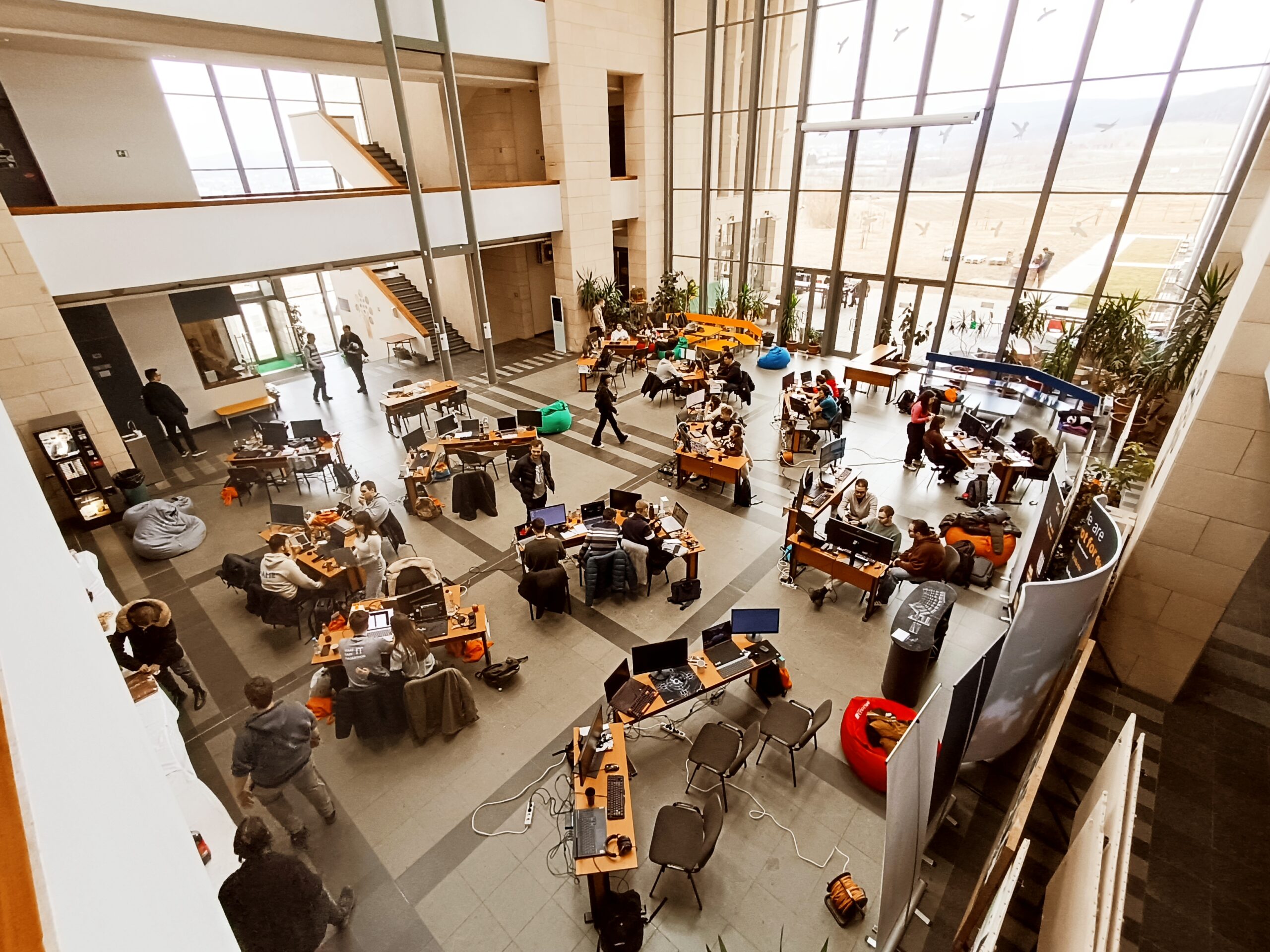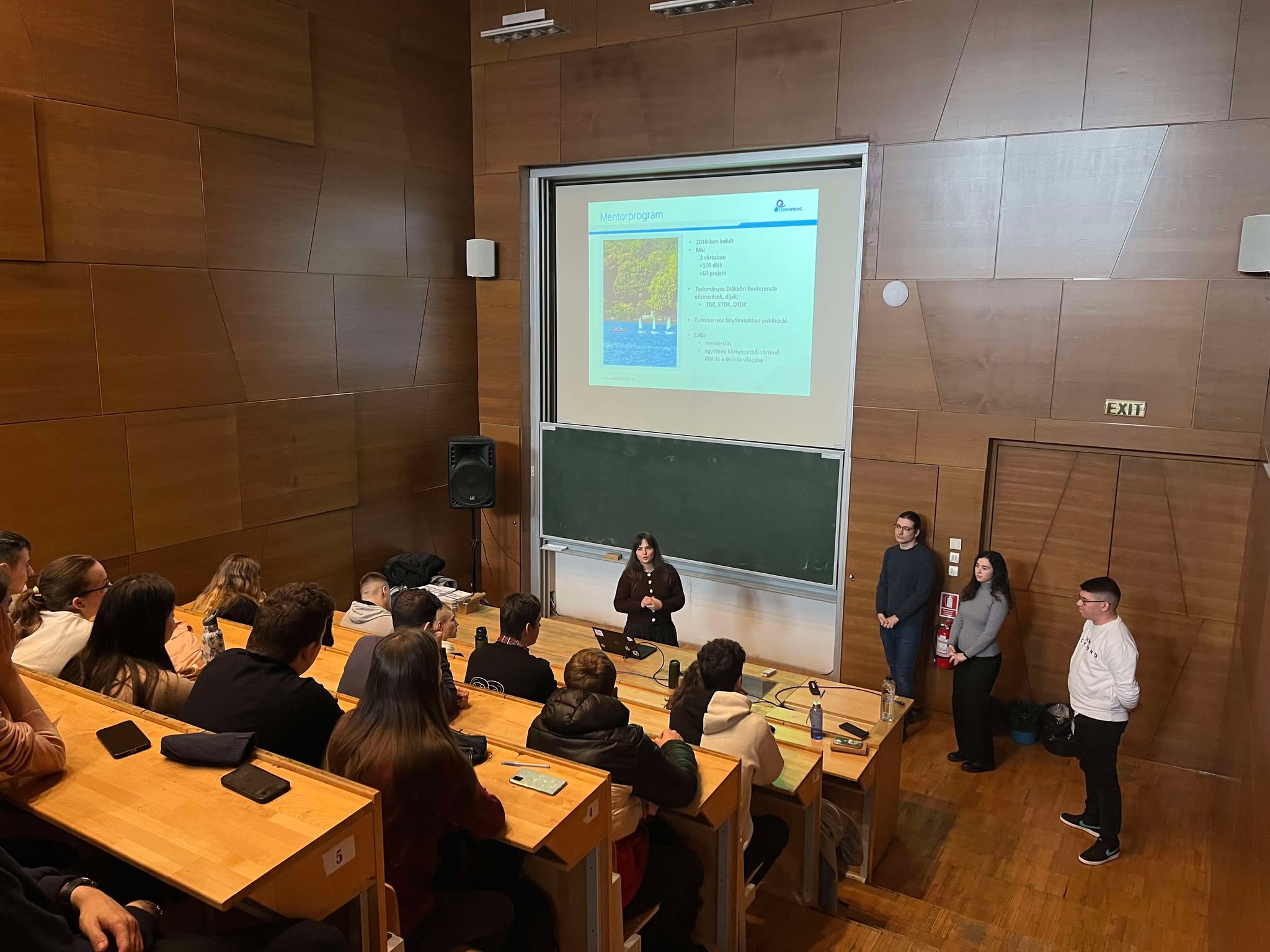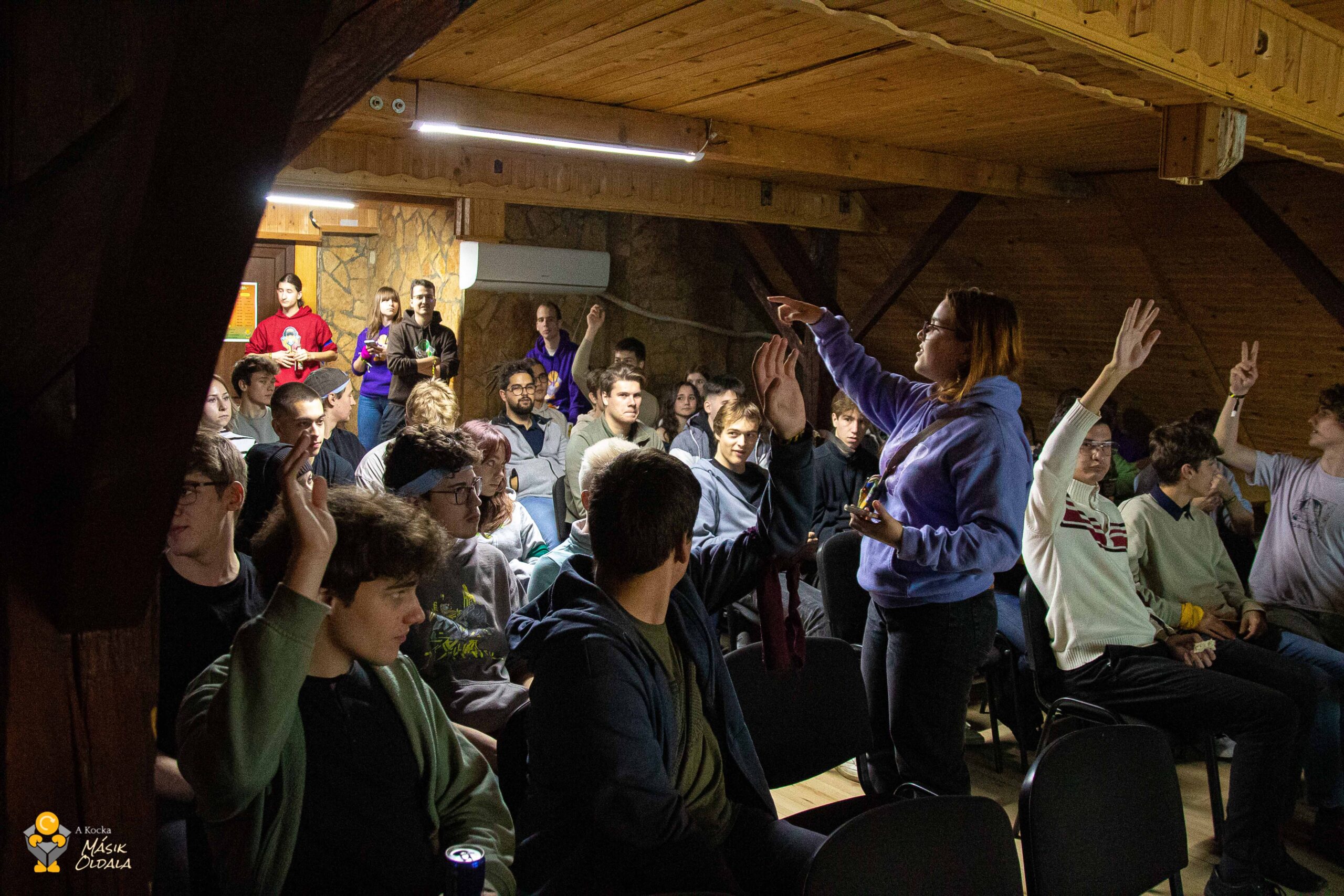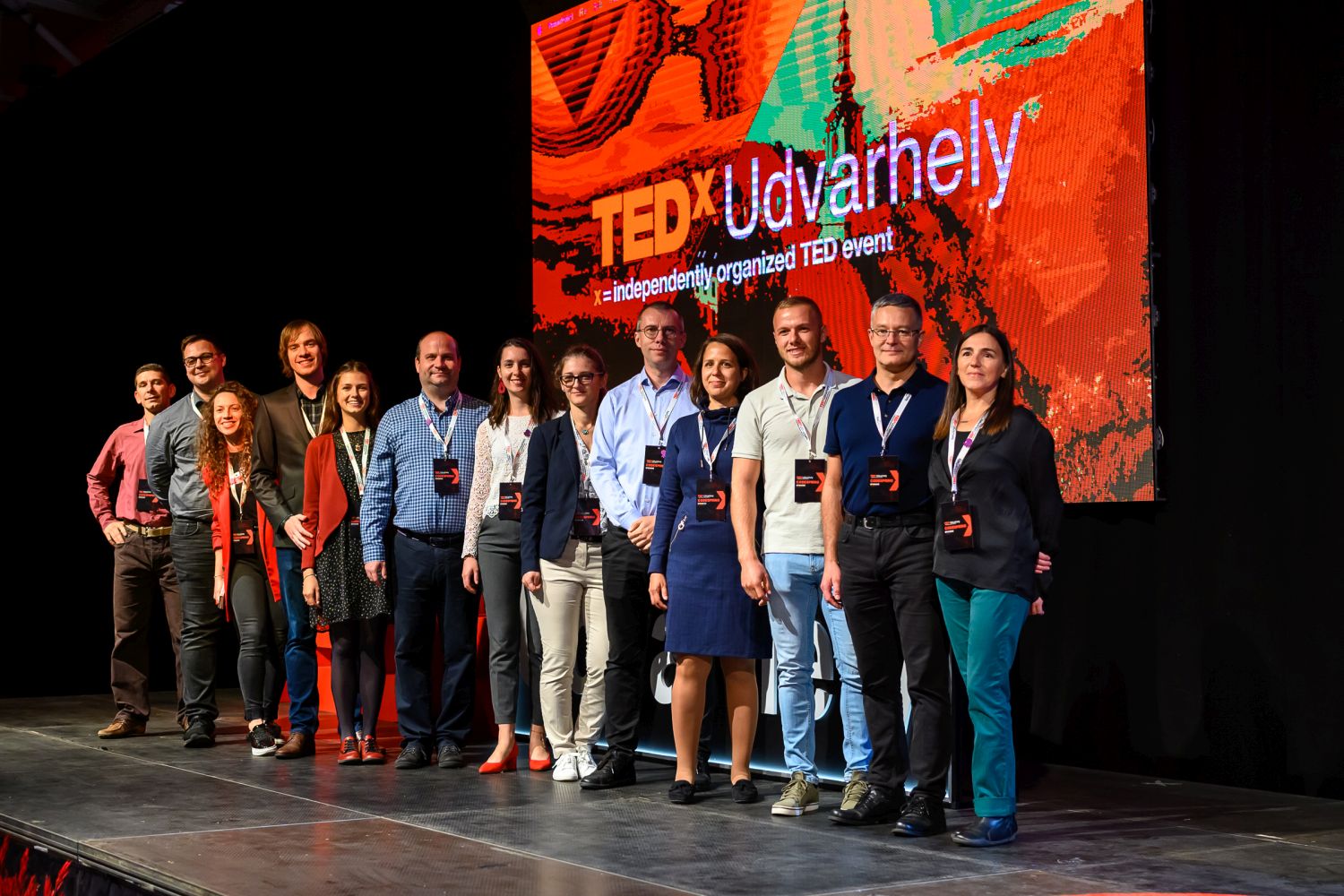
About The Index
The Digital Economy and Society Index (DESI) is a composite index that summarizes relevant indicators on Europe’s digital performance and tracks the evolution of EU member states in digital competitiveness.
It includes five main dimensions:
Connectivity
The Connectivity dimension measures the deployment of broadband infrastructure and its quality. Access to fast broadband-enabled services is a necessary condition for competitiveness.
Human Capital
The Human Capital dimension measures the skills needed to take advantage of the possibilities offered by a digital society. Such skills go from basic user skills that enable individuals to interact online and consume digital goods and services, to advanced skills that empower the workforce to take advantage of technology for enhanced productivity and economic growth.
Use of Internet
The Use of Internet dimension accounts for the variety of activities performed by citizens already online. Such activities range from consumption of online content (videos, music, games, etc.) to modern communication activities or online shopping and banking.
Integration of Digital Technology
The Integration of Digital Technology dimension measures the digitisation of businesses and their exploitation of the online sales channel. By adopting digital technology businesses can enhance efficiency, reduce costs and better engage customers, collaborators and business partners. Furthermore, the Internet as a sales outlet offers access to wider markets and potential for growth
Digital Public Services
The Digital Public Services dimension measures the digitisation of public services, and focuses in particular on eGovernment and eHealth. Modernisation and digitisation of public services, including eHealth, can lead to efficiency gains for the public administration, citizens and businesses alike as well as to the delivery of better services for the citizen.
Romania’s Digital Scoreboard
Romania falls into the cluster of low‑performance countries, where it performs below average.
1. Connectivity
Connectivity is the DESI 2015 dimension where Romania performs best. With an overall Connectivity score of 0.47, the country ranks 23rd among EU countries. However, 11% of Romanian households are still not covered by fixed broadband, and close to half of households do not subscribe to fixed broadband.
Romania has two main challenges in Connectivity. First, it needs to improve coverage of fixed broadband networks, which reaches only 89% of households, significantly below the EU average (97%). Second, it needs to increase the number of broadband subscribers: only 54% of households subscribe to fixed broadband and 54 subscribers per 100 people subscribe to mobile broadband, limiting Romania’s ability to exploit the benefits of the digital economy.
One of the reasons for the low take-up of broadband in Romania might be the subscription price. An individual seeking to subscribe to a broadband connection[3] must spend on average 3% of her gross income, which is more than double the EU average of 1.4%.
The Connectivity silver lining in Romania’s case is high-speed Internet access, where it performs better than the EU at large. Networks capable of providing at least 30 Mbps (NGA) are available to more than two-thirds (69%) of Romanian households slightly more than the EU average (68%). In terms of take-up, 60% of fixed Internet subscriptions are to fast broadband (the 2nd best in the EU).
2. Human Capital
With a Human Capital score of 0.27 Romania ranks last among EU countries.
In order to fully develop its digital economy and society, Romania needs to develop the digital skills of its citizens. Romania has the lowest percentage of regular Internet users in the EU (48%), and still 39% of the Romanian population has never used the Internet (the EU average is 18%). This means that more than one-third of the population cannot partake on the possibilities offered by the Internet, nor can they contribute to the digital economy.
Romania needs to address its digital skills gap. Digital skills are nowadays needed in every corner of the workforce, and the fact that only 20% of Romanians possess basic levels of digital skills can be an important barrier to the country’s economic development. Romania also has the lowest share of ICT specialists in the workforce of all EU countries (1.3%).
The only indicator where Romania performs better than the EU average is in STEM graduates, with 1.9% of Romanians aged 20-29 years old holding a STEM (Science, technology and mathematics) degree. While positive, this is not enough to compensate for Romania’s digital skills deficit.
3. Use of Internet
In terms of the propensity of individuals to use Internet services, Romania scores 0.31 (up from 0.24 last year) and ranks 28th among EU countries. Romanians appear to refrain most from using the Internet when they need to make transactions, as Romania lags behind both in online banking and online shopping.
Romanian Internet users engage in a broad range of online activities. They read news online (70%), listen to music, watch films and play games online (46%), use the Internet to communicate via voice or video calls (46%) or through social networks (67%), and obtain video content using their broadband connections (mostly though Video on Demand – 36%). For most of these activities, engagement among Romanians is higher than overall in the EU.
While Romanians are keen to engage in the above Internet activities, they are very reluctant to engage in any type of online transaction. The shares of Romanian Internet users that use online banking (7.7%) or shop online (17%) are the lowest of all EU countries. This is the key challenge for Romania in terms of Internet use by its citizens, because a digital economy is partly fuelled by its citizens’ consumption in the online channel.
4. Integration of Digital Technology
In Integration of Digital Technology by businesses, Romania scores 0.19, its lowest score among the five DESI 2015 dimensions. Romania’s businesses need to better exploit the possibilities offered by on-line commerce, social media and cloud-based applications.
A true digital economy is one where businesses take full advantage of the possibilities and benefits offered by digital technologies, both to improve their efficiency and productivity, as well as to reach costumers and realise sales. To that end, Romania has a long way to go.
The adoption of digital technologies is an important driver of labour productivity growth and needs to be strengthened. The percentage of businesses using technologies such as electronic information sharing (ERP – 21%), eInvoices (7.2%), Cloud services (2.8%) or social media (5.9%) in Romania is among the lowest in the EU. Without digitisation and the efficiency and productivity gains obtained thereof, Romanian businesses will struggle to make it in the global digital economy.
Romanian businesses need also to take advantage of the possibilities offered by on-line commerce. Very few SMEs in Romania sell online (7.3%), even less sell online to other EU member states (3.4%), and those who do sell online make a very small share of their turnover from those sales (4.3%). Without the exploitation of on-line commerce Romanian businesses will have difficulties compete in the global digital economy.
5. Digital Public Services
For Digital Public Services Romania scores 0.31 and ranks 24th among EU countries. This represents an improvement from the previous year. However, use of eGovernment is still the lowest in the EU, partly due to the low level of development of online public services.
Modern public services offered online in an efficient manner are a vehicle for reduction of public administration expenditure as well as for efficiency gains for both enterprises and citizens. Romania’s offer for online public services is among the least sophisticated. Its indicator scores[5] place it among the last in the EU and show that the level of sophistication of its services needs to improve. Better online public services will also likely improve Romania’s percentage of eGovernment users (5.8% of Internet users, the lowest in the EU).
The efficiency and degree of service offered by health systems can be greatly improved through digitisation. Romania’s performance in eHealth can be improved, namely by encouraging a greater adoption of medical data exchange (only 16% of Romanian general practitioners exchange medical data electronically, versus 36% in the EU). Romania presents a laudable performance, however, in ePrescription, where the fact that 60% of its general practitioners transfer prescriptions to pharmacists electronically makes it rank 7th among EU countries.
6. R&D
ICT sector Research and Development
In 2012, Business Expenditure in R&D (BERD) in the ICT sector in Romania amounts to €59mn, up from €44mn the year before. BERD in the ICT sector represents 24% of total BERD, above the EU average of 17%. Total BERD is 0.2% of GDP, below the EU average of 1.3%.
In 2013, Public funding in R&D (GBAORD) in the ICT sector amounts to €18mn representing 6% to total GBAORD, below the EU average of 6.7%
Participation to Horizon 2020
In 2014, first year of implementation of Horizon 2020, the EU co-funded projects in Romania in the ICT domain (Excellent Science, LEIT and Societal Challenges 1, 6 and 7) for €7 mn. Overall 26 Romanian organizations participated in 22 projects (4% of total projects) and coordinated 1 project.
In 2014 participation from higher education/research organizations was at 44% of funding, below the EU average (55%). Industrial participation was at 54%, higher than the EU average (46%), with 34% of total funding going to large enterprises and 20% to SMEs.
Participation (in terms of share of total funding) is higher in the following Strategic Objectives: Software, Services and cloud, ICT for trust and security and ICT for Health.
Source: https://ec.europa.eu/digital-agenda/en/scoreboard/romania

